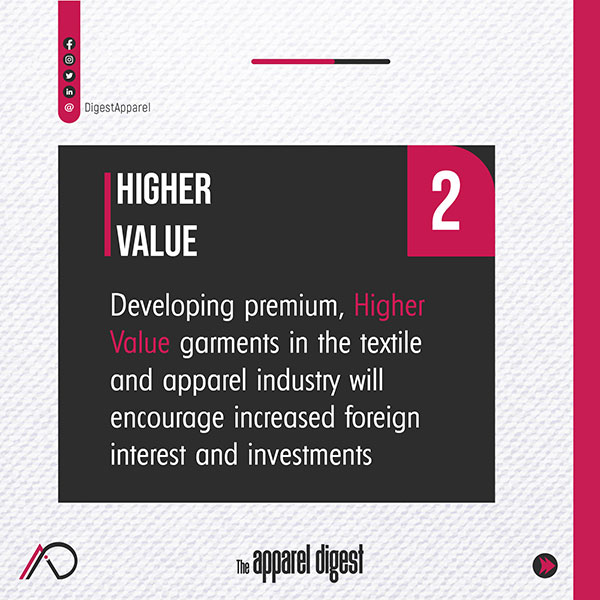Patagonia have partnered with social impact companies to launch a repair centre in London that will provide jobs for those with challenges finding employment (such as refugees), and train them on circular economy methods. The United Repair Centre will open in Haringey, London, following the success of a similar repair centre in Amsterdam last year. The centre will initially provide repairs for Patagonia’s UK-based customers, with 3 additional brands lined up to join in the coming months.

US online footwear and handbag repair firm Cobblers Direct has launched a new repair program targeting online resellers of secondhand and vintage leather goods. The model is based on repairing secondhand goods to get them out on a resale marketplace, keeping them in circulation and maximizing earnings. The initiative capitalises on the booming secondhand market, which is projected to reach $350 billion by 2027.
Swedish apparel brand ASKET have launched an ‘Impact Receipt’ highlighting the environmental cost of purchases. The receipts will provide customers with a breakdown of CO2 emissions, water use and energy consumption for every garment purchased, as well as the impact associated with the packaging and shipping choices. Asket have partnered with Vaayu Tech to process and calculate the lifecycle impact assessment behind the impact receipts.
Production comes to a halt in Bangladesh after violent protests by workers demanding increases in wages. Bangladesh is home to 3500 garment factories, which account for around 85% of the countries exports, supplying many of the worlds top names in fashion. The sector employs around 4 million workers, the vast majority of whom are women.

UK waste recycling charity WRAP has launched a ‘Circular Design Toolkit’ as part of its Textile 2030 Project to help textile organisations embed circular design principles into their design and product development processes. The toolkit aims to maximize the life of garments, select the most sustainable materials, and ensure they are designed to be recycled.
The Better Cotton initiative has launched a long awaited physical traceability solution which will enable brands and retailers to track cottons journey through the supply chain. This will enable fashion and textile companies to promote their products as ‘containing Better Cotton’ which was previously not possible with the ‘mass balance’ system.

